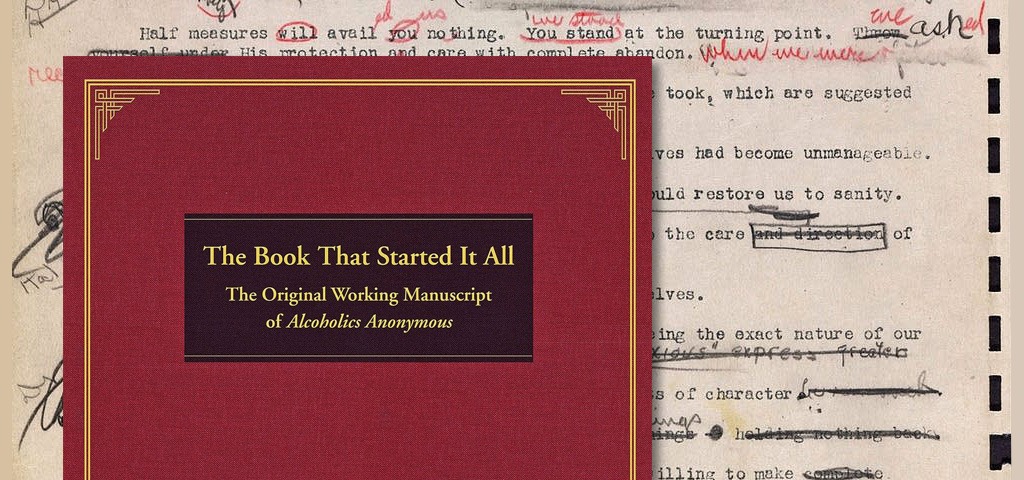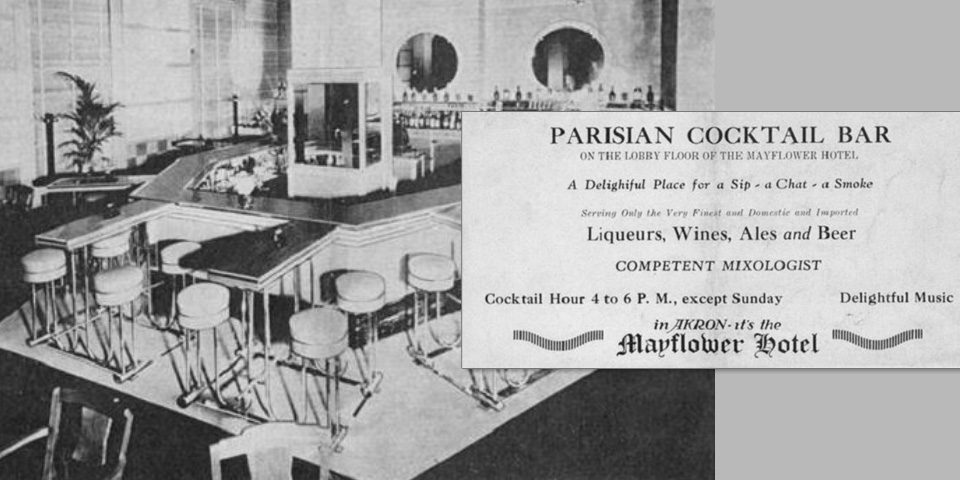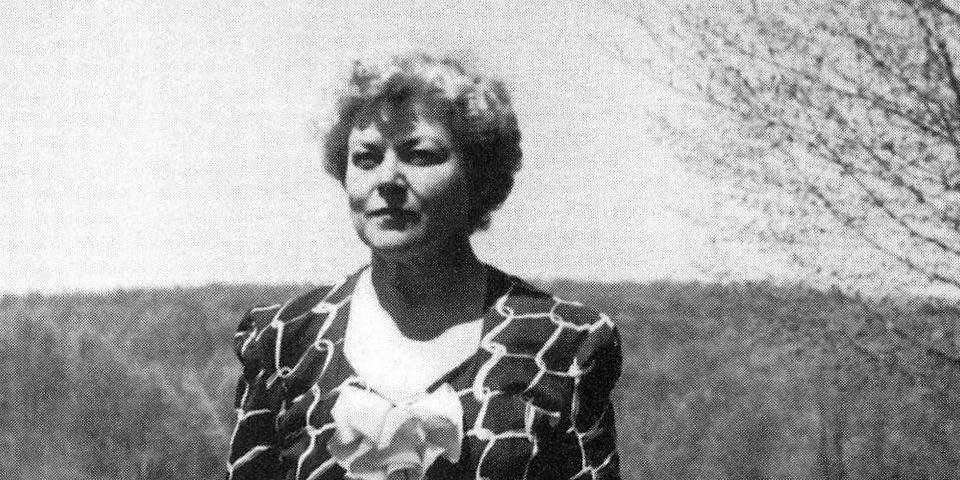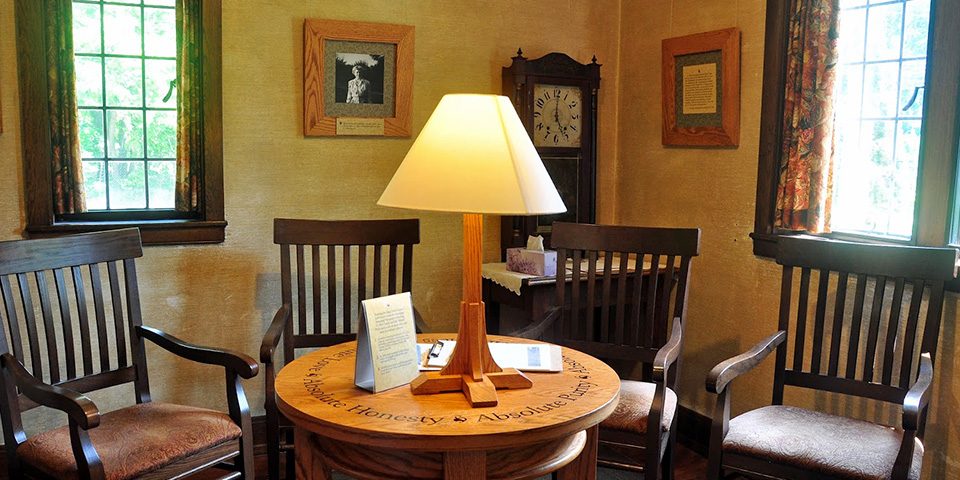
Safe Places for the Holidays
December 23, 2016
The Spirit of Service
January 31, 2017
Bill W finished the pre-publication manuscript (“Multilith”) for the book, Alcoholics Anonymous, in December of 1938. It read like a book of absolute prescriptions e.g.: “Thou shalt under pain of drunkenness,” e.g. :
- “Rarely have we seen a person fail who has thoroughly followed our path directions.”
- “If you have decided you want what we have and are willing to go to any length to get it – then you are ready to take certain steps follow directions.”
- “At some of these we balked you may balk. We thought You may think we could find an easier, softer way. But we could not We doubt you can.”
- “. . . One who has all power – that One is God. May you You must find Him now!”
These few authoritarian (Thou must) examples are on page 58, but this theme travels throughout the entire step explanation pages of the Manuscript.
In January of 1939, Bill W sent four-hundred manuscripts to members, friends and other allies for comments and evaluation. These were returned with only a few suggestions. However, Hank Parkhurst’s friend, Dr. Howard, a psychiatrist from Montclair, New Jersey, recommended toning down the use of “musts” to: “we ought” or “we should”—etc. Also, instead of the authoritarian word “you” to use the word “we.” (Dr Silkworth and Dr. Tiebout offered similar advice). After all, many of the skid row alcoholics had been repeatedly badgered by do-gooder advice at the missions.
I believe this caused a major change in the tone of the Big Book—it immediately changed from a book of prescriptions to one of descriptions—from “Thou must” to “This is what we did.” I note that page 58 of our current Big Book announces: “If you have decided you want what we have and are willing to go to any length to get it, . . . What an appealing choice!
A professor from NY University, Tom Uzzell, was paid $380 ($6,419 today) to edit the manuscript in a more professional manner which reduced the pages from over six-hundred to four-hundred.
Another concern was the religious mode. Many wanted a religious tone (mostly Akron members) style while some New Yorkers favored the psychological angle. Arguments ensued! However, Jimmy Burwell came up with the compromising phrase: “God as we understood Him”. Bill called this statement a ten-strike! (Of course, Ebby Thacher told the same to Bill on page 12.).
A scribbled in pencil “Too Groupy” conveyed that a phrase was too much like the religious Oxford Group. An example of this can be found on Manuscript page 43 . . . Bill had written: “When you awake tomorrow morning, look back before the day before. Were you resentful, selfish, dishonest, or afraid?” The words “Oxford Group” are hand written just above these words to signify needed change. This was changed to: “when we retire at night . . .”, etc. as on page 86 of our current Big Book. Without the above two major changes, would the Big Book have sold? I doubt it! Bill W wrote the Big Book, but he had lots of help. Thank you, God,!
By Bob S., Richmond, IN



